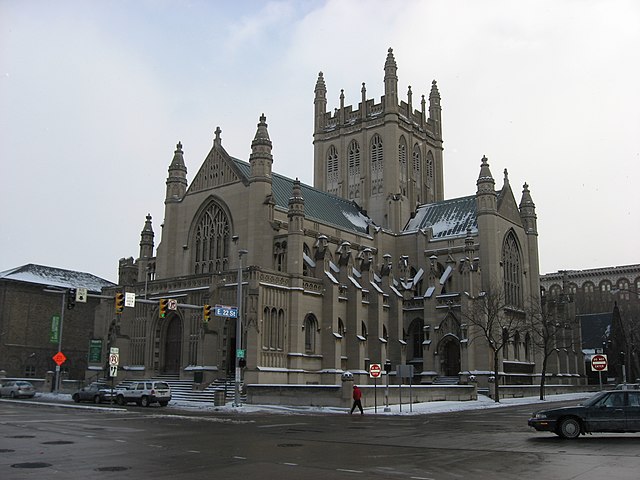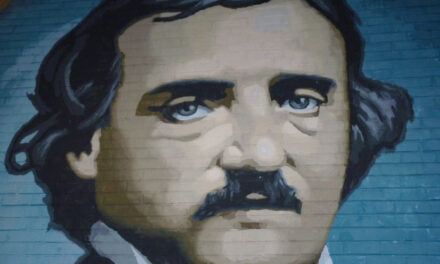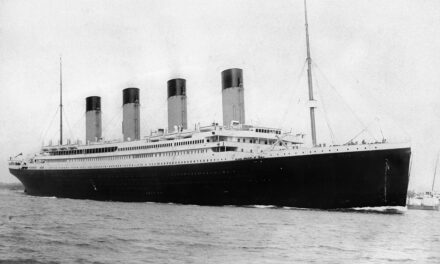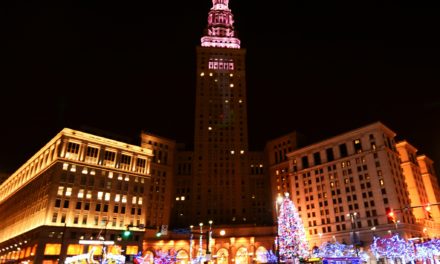Cleveland History
September 23–26, 1935 – The 7th National Eucharistic Congress was held in Cleveland. This major Roman Catholic event featured large-scale Masses, processions, and sermons across multiple venues including St. John’s Cathedral, Cleveland Public Auditorium, and Cleveland Municipal Stadium.
September 24, 1907 – Stella Godfrey White Bigham was born. She later became a prominent Cleveland community activist, columnist for the Plain Dealer, and the first woman to serve on the board of what would become the Regional Transit Authority (RTA).
September 24, 1907 – Trinity Cathedral in Cleveland was officially consecrated. This marked the formal completion of the Episcopal cathedral’s construction and its place as a significant religious and architectural landmark in the city.
September 25, 1977 – Legal costs in the Cleveland school desegregation case reached $1 million, with projections estimating that figure would triple by the time the case concluded. This reflected the growing complexity and financial weight of federal oversight of the Cleveland school system.
September 27, 1986 – Balloonfest ’86 took place in downtown Cleveland, where nearly 1.5 million balloons were released from Public Square in a record-setting fundraising event. The spectacle led to significant unintended consequences, including traffic disruption and interference with air and water traffic.
World History
September 23, 1846 – Astronomer Johann Gottfried Galle became the first person to observe the planet Neptune, following predictions by Urbain Le Verrier and John Couch Adams.
September 24, 1957 – Federal troops were sent into Little Rock, Arkansas to enforce the desegregation of Central High School and protect nine Black students (the “Little Rock Nine”) entering the school, as part of the U.S. civil rights struggle.
September 24, 1973 – Guinea‑Bissau declared its independence from Portugal, becoming a sovereign country.
September 25, 1066 – The Battle of Stamford Bridge: King Harold II of England defeated the invading Norwegian force led by King Harald Hardrada and his brother Tostig, in what was one of the battles preceding the Norman Conquest.
September 28, 1928 – Scottish bacteriologist Alexander Fleming discovered penicillin, the first broadly effective antibiotic, a breakthrough in medicine.







